Good news from Department of Basic Education regarding the addition of Coding and Robotics to the school curricula

It's encouraging to see the South African Department of Basic Education taking strides to incorporate Coding and Robotics into the national curriculum from Grade R to Grade 9.
This initiative promises to modernize education and equip students with essential 21st century skills. However, the concerns about under-resourced schools lacking computer labs, network connectivities, and hardware are valid. Read more about the recently announced progress: https://www.itweb.co.za/article/sas-coding-robotics-curriculum-goes-public/kLgB17ezKL6M59N4
At Sheen, we've seen firsthand that introducing Coding and Robotics doesn't necessarily require state-of-the-art facilities. As Rajesh Ramakrishnan rightly pointed out(https://www.bizcommunity.com/article/are-sa-schools-ready-to-teach-coding-and-robotics-the-experts-say-yes-892733a), these subjects primarily aim to develop critical thinking and problem-solving abilities rather than churn out professional engineers. By integrating these disciplines with existing STEM subjects like mathematics and sciences, students not only enhance their academic performance but also foster a deeper interest in technology.
The success stories from places like Itireleng Secondary School and Thabakubedu Primary School in Limpopo highlight the transformative impact of hands-on learning. Programs that engage students in practical, creative ways not only improve academic outcomes but also cultivate a culture of innovation.
Collaboration between educational publishers like Oxford University Press Southern Africa (OUPSA) and organizations like Resolute Education underscores the importance of comprehensive support systems. Initiatives that provide learning materials, teacher training, and community engagement are crucial in ensuring that all schools, regardless of their resources, can effectively implement Coding and Robotics education.
As Yolandi Farham rightly emphasizes, the key lies in building a supportive ecosystem that empowers both educators and learners. By making these subjects accessible through innovative methods like unplugged tools and creative activities, we can democratize access to hi-tech skills and prepare South African youth for the digital economy of tomorrow.
In conclusion, while challenges remain, the commitment to equipping students with digital proficiency is commendable. It's imperative that stakeholders continue to collaborate and innovate to ensure that every learner in South Africa has the opportunity to thrive in an increasingly tech-driven world.







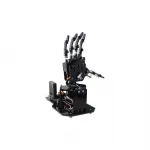


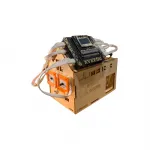

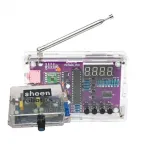
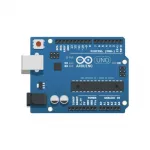
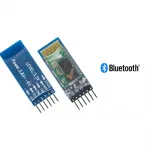
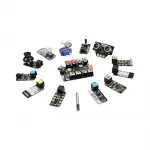
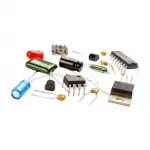

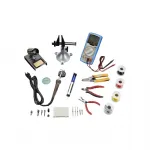















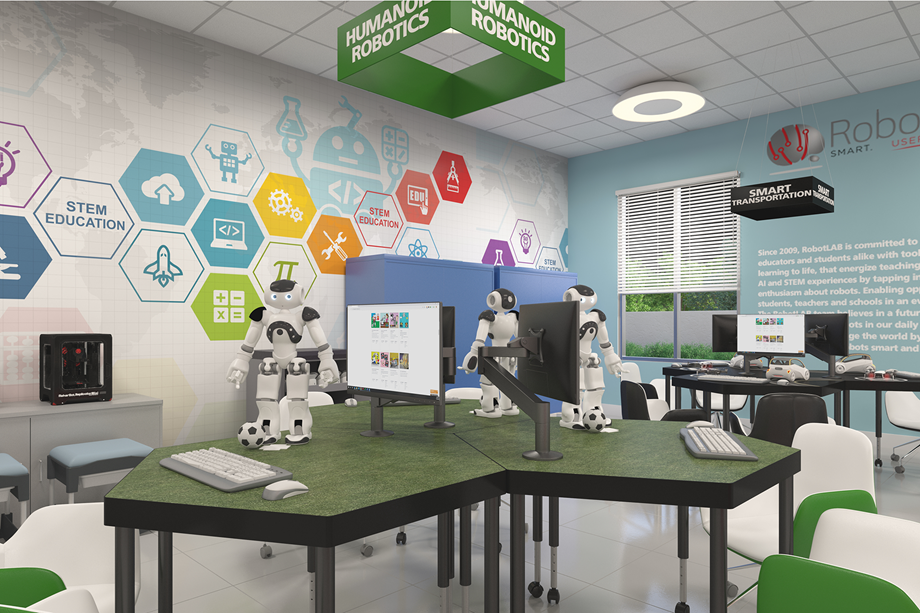



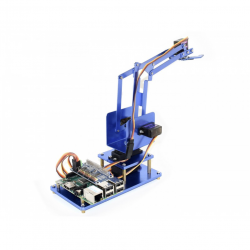
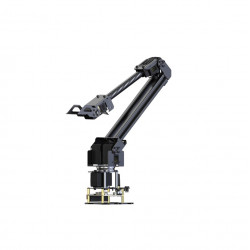
Leave a Comment